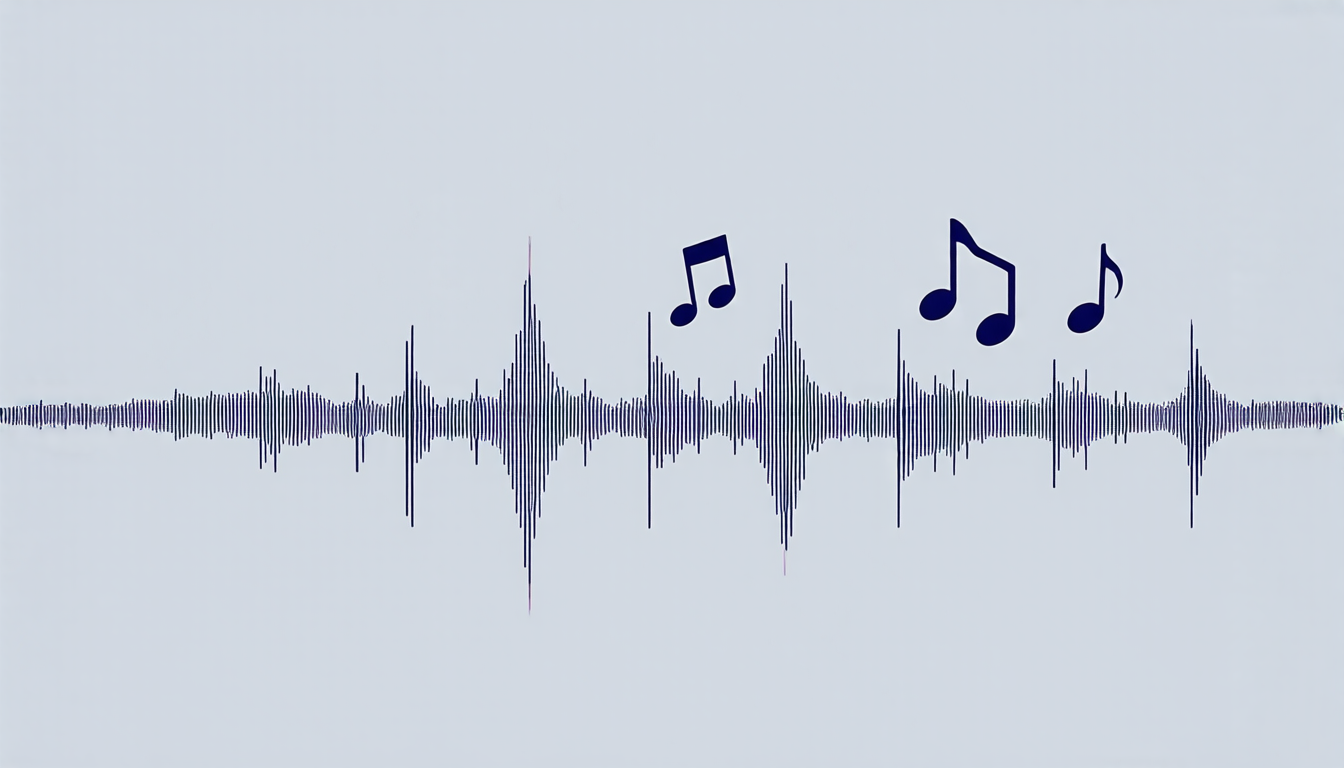Saturday 07 June 2025
The quest for a more intuitive and manipulable audio codec has led researchers to develop a novel approach that represents sound as a sparse set of events and their times-of-occurrence. This innovative method could revolutionize the way we compress and manipulate music, offering a level of control and understanding previously unattainable.
Traditional audio codecs, such as MP3 and Ogg Vorbis, rely on block-coding techniques that divide sound into overlapping frames, which are then compressed. While these methods can produce high-quality reproductions, they often lack an intuitive representation of the audio signal. The new approach, by contrast, breaks down sound into a sequence of events, each with its own unique characteristics and timing.
The researchers behind this project have developed an encoder that uses anti-causal dilated convolutional networks to transform the input audio signal into a sparse set of event vectors. These vectors contain all the information necessary to recreate the original sound, but in a more compact and interpretable form.
One of the key benefits of this approach is its ability to provide a high-level representation of the audio signal that can be easily manipulated by humans. By analyzing the event vectors, it’s possible to identify patterns and structures within the music that would be difficult or impossible to discern from traditional audio representations.
The researchers have also developed a decoder that uses source-excitation synthesis to generate the original sound from the event vectors. This process involves convolving a noisy impulse with decaying resonances, which are then mixed together to produce the final output.
While this approach is still in its early stages, the results so far are promising. The researchers have demonstrated that their codec can compress audio signals while maintaining high-quality reproductions and offering a level of control and understanding previously unattainable.
This technology has significant implications for various fields, including music production, sound design, and audio post-production. For musicians and producers, it could provide new tools for creating and manipulating soundscapes. For sound designers, it could enable the creation of more realistic and immersive audio environments. And for audio engineers, it could simplify the process of compressing and editing audio signals.
As this technology continues to evolve, we can expect to see even more innovative applications emerge. The potential is vast, and the possibilities are endless.
Cite this article: “Decoding Sound: A Novel Approach to Audio Compression and Manipulation”, The Science Archive, 2025.
Audio, Codec, Compression, Music, Sound, Event-Based, Convolutional Networks, Synthesis, Audio Signal, Manipulation
Reference: John Vinyard, “Toward a Sparse and Interpretable Audio Codec” (2025).







